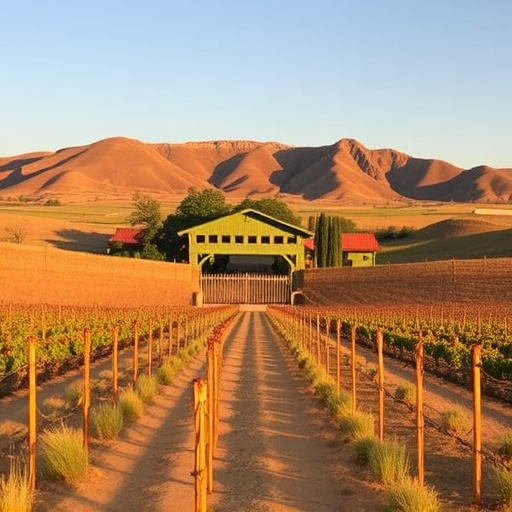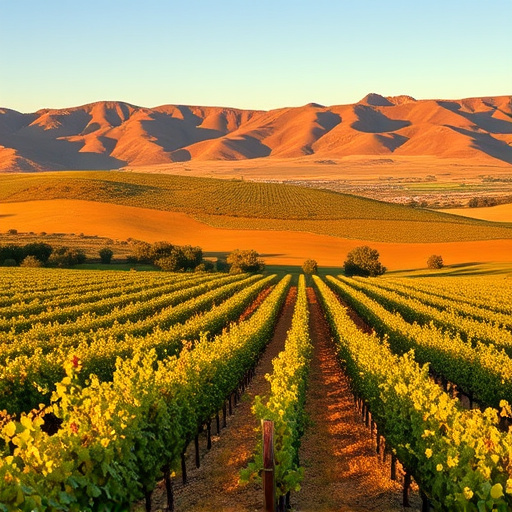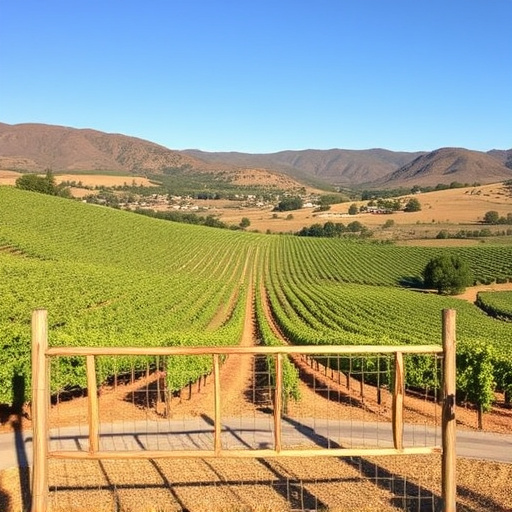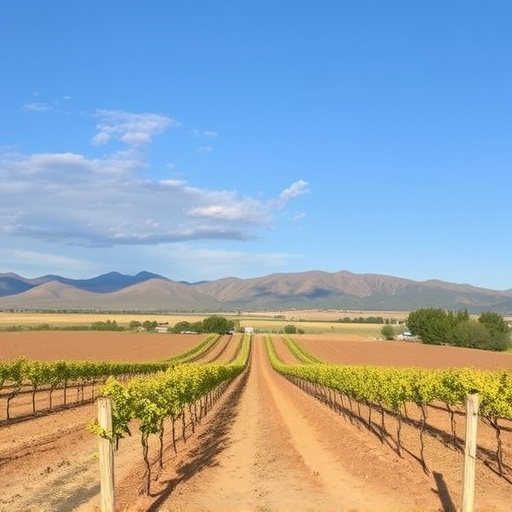Sonoita Wine Country, nestled in Arizona's Sonoran Desert, stands as a beacon of sustainable viticulture. Driven by environmental stewardship and community initiative, local winemakers have pioneered eco-friendly practices such as organic farming, water conservation, and biodiversity promotion. The region's unique climate and soil foster diverse grape varieties, resulting in distinctive wines. Sonoita is renowned for its commitment to minimizing environmental impact while enhancing grape quality, making it a leading destination for wine lovers who value both taste and sustainability.
“Uncover the captivating world of Sonoita Wine Country, a vibrant destination that embraces sustainable viticulture practices. This Arizona oasis has emerged as a leader in eco-friendly wine production, attracting global attention for its unique approach. From rich history to thriving conservation efforts, Sonoita offers an immersive experience. Discover how local winemakers preserve the land while crafting exquisite organic wines. Explore tasting tours and delve into the region’s commitment to sustainability, making it a must-visit for wine enthusiasts seeking an authentic, eco-conscious journey.”
- Discovering Sonoita Wine Country: A Haven for Sustainable Viticulture
- The History of Eco-Friendly Practices in the Region
- Unique Characteristics of Sustainable Wine Production in Sonoita
- Exploring Organic Wine Tastings and Tours
- Local Winemakers' Commitment to Environmental Conservation
- Future Prospects: Growing Popularity and Global Recognition
Discovering Sonoita Wine Country: A Haven for Sustainable Viticulture
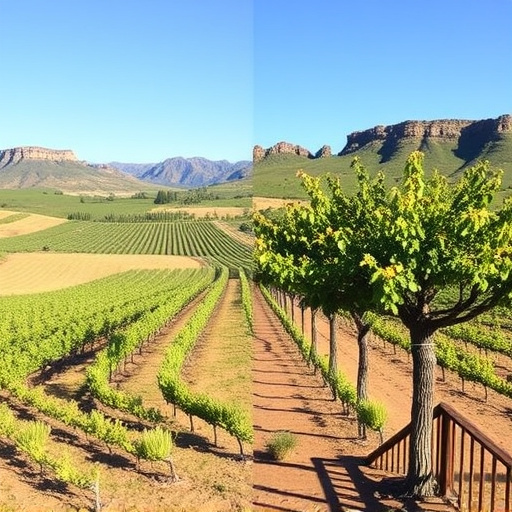
Sonoita Wine Country, nestled in the heart of Arizona’s breathtaking Sonoran Desert, stands as a haven for sustainable viticulture practices. This picturesque region has embraced eco-friendly and responsible farming methods, making it a model for wine production that respects both the land and its future. The area’s unique climate and soil offer an ideal environment for cultivating diverse grape varieties, each contributing to the rich and distinctive character of the local wines.
With its rolling hills and vibrant ecosystem, Sonoita has become a destination for wine enthusiasts seeking not just exceptional beverages but also an authentic connection with nature. Here, you’ll find winemakers who are passionate about minimizing their environmental impact while maximizing the quality of their grapes. From organic farming techniques to innovative water conservation strategies, the region’s commitment to sustainability is evident in every bottle.
The History of Eco-Friendly Practices in the Region
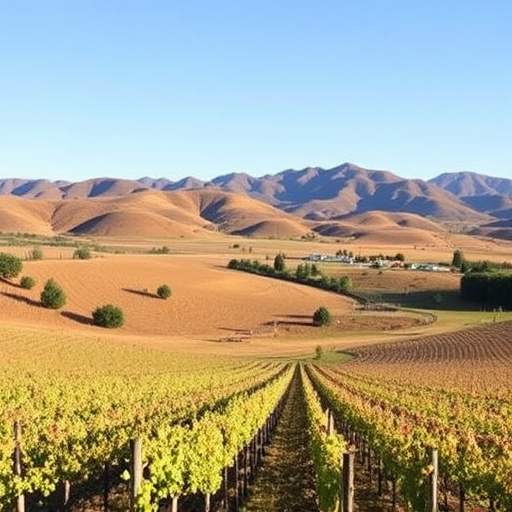
Sonoita wine country has long been at the forefront of sustainable viticulture, with eco-friendly practices becoming increasingly integral to the region’s identity. The shift towards sustainability wasn’t an overnight decision but a gradual evolution shaped by both environmental awareness and community initiative. Local winemakers began experimenting with organic methods in the late 20th century, driven by a desire to protect the delicate ecosystem of Sonoita’s vineyards. Over time, these efforts gained momentum, with many producers adopting principles like reducing chemical usage, promoting biodiversity, and implementing water conservation techniques.
The region’s unique geography and climate, characterized by sunny days and cool nights, naturally lends itself to sustainable viticulture. Winemakers in Sonoita wine country have embraced this environmental advantage, utilizing techniques such as drip irrigation for precise water application, integrating beneficial insects to manage pests, and practicing cover cropping to enrich the soil. These practices not only preserve the natural beauty of the land but also produce high-quality wines that showcase the distinct character of the region.
Unique Characteristics of Sustainable Wine Production in Sonoita
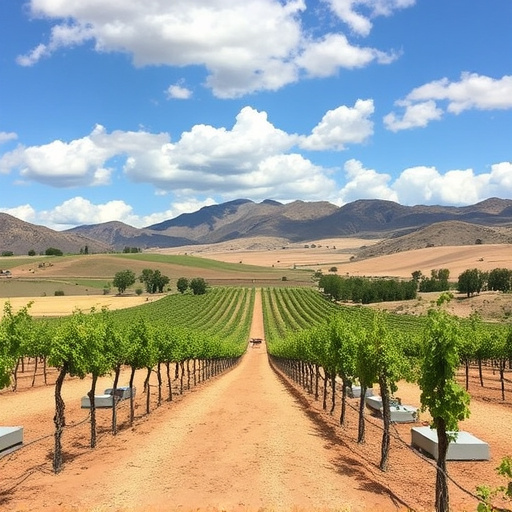
Sonoita wine country stands out for its commitment to sustainable viticulture, setting a benchmark for eco-friendly practices in the industry. This region embraces methods that minimize environmental impact while maximizing the quality and uniqueness of its renowned wines. From organic farming techniques to innovative water conservation strategies, producers here are dedicated to preserving the delicate balance of their ecosystem.
The unique characteristics of sustainable wine production in Sonoita include a deep respect for the land and water resources. Winemakers utilize natural cycles and local knowledge to reduce chemical inputs, promote biodiversity, and ensure long-term soil health. This approach not only benefits the environment but also contributes to the distinct flavors and aromas that have made Sonoita wines celebrated among connoisseurs globally.
Exploring Organic Wine Tastings and Tours
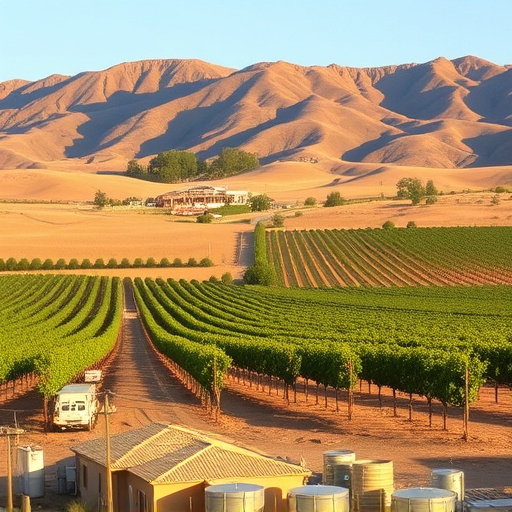
Immerse yourself in the art of sustainable viticulture by joining organic wine tastings and tours in Sonoita Wine Country. This region is renowned for its commitment to eco-friendly practices, where winemakers carefully nurture their vines using natural methods. During these tours, visitors can learn about the unique challenges and benefits of organic winemaking, from soil health to biodiversity.
Taste a variety of wines produced without synthetic chemicals, allowing you to appreciate the distinct flavors and aromas that emerge from this sustainable approach. Many wineries in Sonoita offer guided tastings and tours, providing an educational and enjoyable experience for wine enthusiasts seeking a deeper connection with the land and a more environmentally conscious way of drinking.
Local Winemakers' Commitment to Environmental Conservation
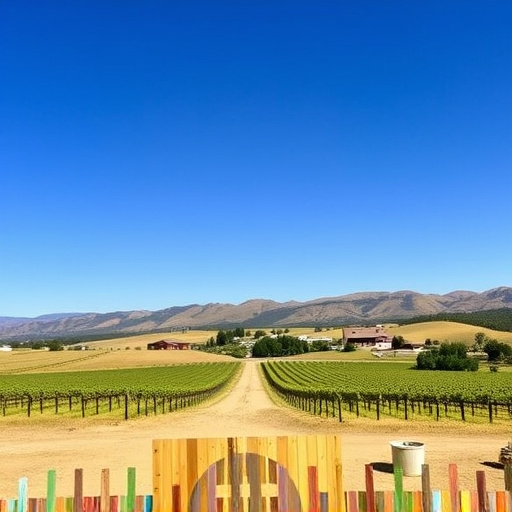
In the heart of Sonoita wine country, local winemakers are not just crafting exquisite wines but also leading the charge in sustainable viticulture practices. Their deep-rooted commitment to environmental conservation is transforming the landscape of wine production in this picturesque region. By adopting eco-friendly methods, these forward-thinking producers are ensuring that the vibrant ecosystem and unique terroir of Sonoita remain intact for future generations to enjoy.
From organic farming techniques to innovative water conservation strategies, winemakers in Sonoita are redefining sustainability in the industry. They prioritize minimizing their ecological footprint while maximizing the quality of their grapes, ultimately contributing to a healthier environment and preserving the distinct character that makes Sonoita wine country so special.
Future Prospects: Growing Popularity and Global Recognition
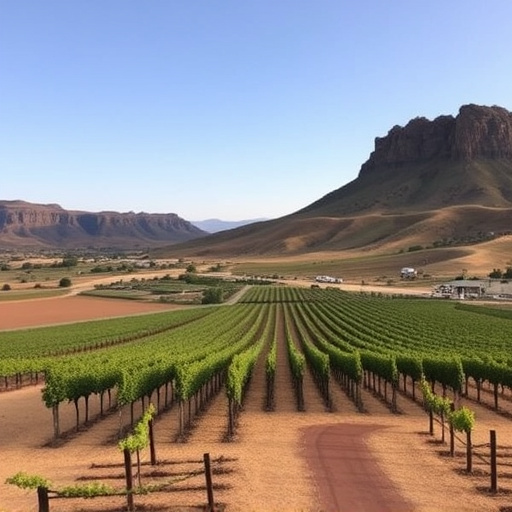
The peaceful vineyards of Sonoita wine country aren’t just a picturesque sight; they’re at the forefront of a global movement towards sustainable viticulture practices. As more consumers become conscious of environmental impact, the unique and eco-friendly approach of this region is gaining traction worldwide. The future prospects for Sonoita look bright, with its organic and biodynamic methods attracting international attention. Wine enthusiasts and environmental advocates alike are taking notice, driving up demand for these sustainably produced wines.
This growing popularity translates into a promising path towards global recognition. Sonoita wine country stands to become a leader in sustainable agriculture, showcasing that viticulture can thrive while preserving the environment. With its diverse microclimates and rich terroir, the region is poised to expand its international reputation, solidifying its place as a must-visit destination for wine lovers seeking both quality beverages and ethical production practices.
Sonoita wine country stands as a beacon of sustainable viticulture, where history meets innovation. The region’s commitment to eco-friendly practices has not only preserved its natural beauty but also enhanced the quality and uniqueness of its wines. By offering organic tastings, tours, and a glimpse into local winemakers’ conservation efforts, Sonoita attracts wine enthusiasts seeking authentic experiences. As its popularity grows globally, the future looks bright for this vibrant wine country, solidifying its place as a must-visit destination for those passionate about both wine and environmental stewardship.
